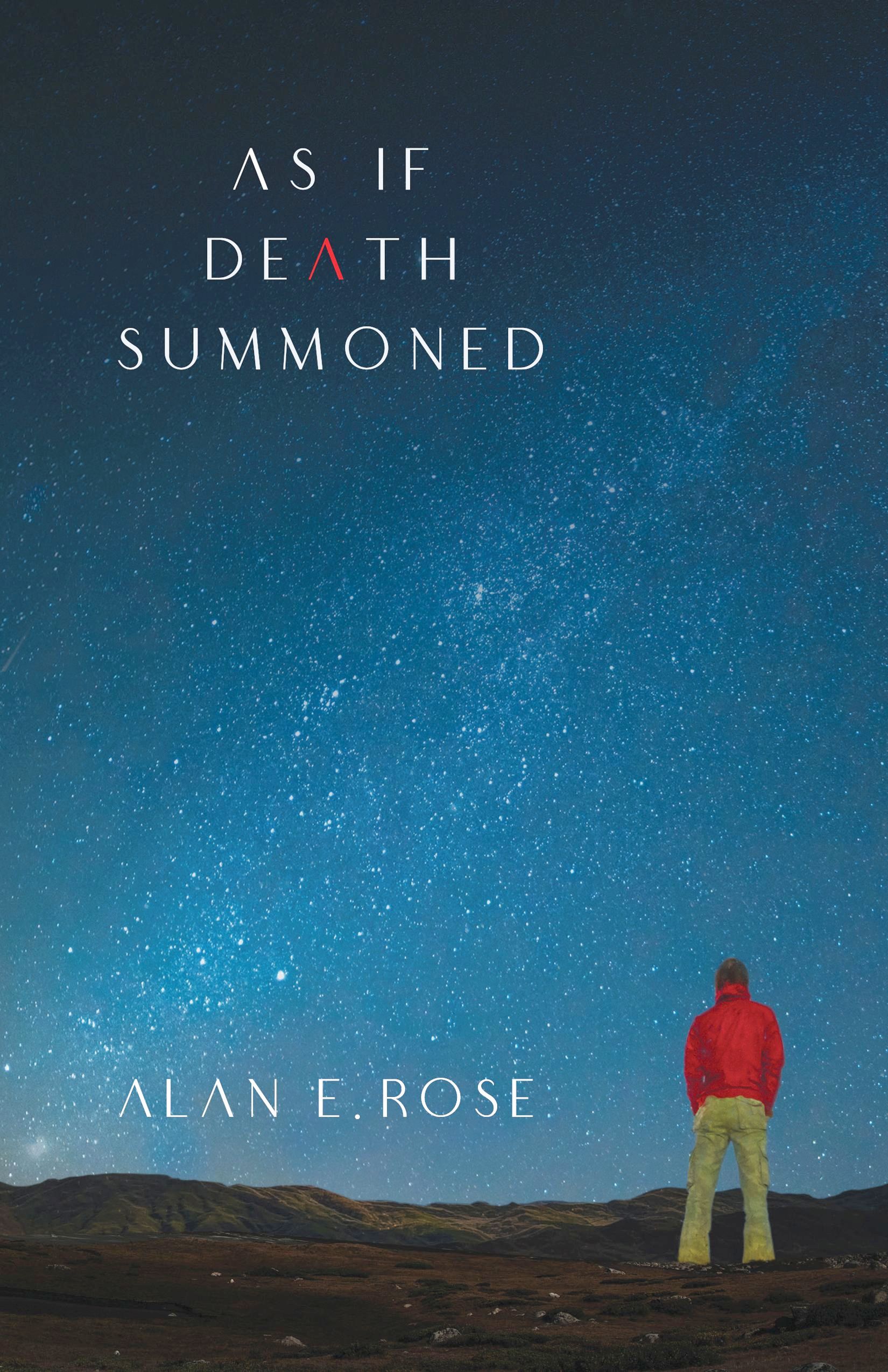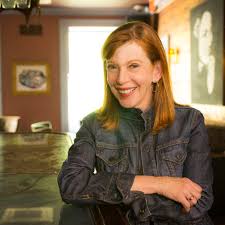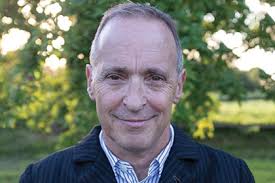![]()
My publisher’s attorneys assure me that this is a work of fiction and that all the people in it are fictional characters. Including President Reagan. Still, works of fiction carry their own truth, truth that transcends “facts” and “dates” and “names” and can speak beyond a specific time or a particular people. And in this current moment, we are in need of all the truth we can get.
I find a peculiar symmetry that, just as I am bringing one defining epidemic of my life to a close with this book, another epidemic begins. There are similarities between them beyond both being caused by viruses—a retrovirus earlier, a coronavirus now. Once again, we have a president slow on the uptake, realizing too late that he has a national health crisis on his watch and displaying an almost callous lack of concern and leadership. In both epidemics, it has been doctors and public health officials who have had to provide that missing leadership, often requiring them to delicately skirt political obstacles, egos, and ignorance—though in the earlier epidemic they were aided (some would say, terrorized) by AIDS activists fighting for their lives. And once again there is no vaccine, no cure to help stop the spread of contagion. (Contrary to some uninformed sources, the CDC has not found hydroxychloroquine to be effective against the coronavirus. They also strongly advise against ingesting bleach.) It took thirteen years before protease inhibitors transformed AIDS from being a death sentence to a manageable chronic condition, thirty years before the approval of a pre-exposure prophylaxis (PrEP) that can help reduce the risk of becoming infected. We expect the timeline to find a vaccine for Covid-19 will be much shorter.
But there are also significant differences between the two epidemics: This time it is not happening to Those People, but to all of us.This time our government swung into quick(er) action, its delay measured in months, not years.
Another big difference: This time people care. Resources and funding for research were readily made available. The media provides daily updates on numbers infected and numbers of those who died. Mayors, governors, the White House itself have given daily briefings. Also a major difference, this time we know what we are dealing with and began to marshal a nationwide response, however clumsy and uncoordinated, to combat it. For much of the first two years of the AIDS epidemic, it was a mystery why gay men were getting sick and dying.
Many of the emotions amid this current epidemic are familiar: anxiety, fear, grief at the loss of loved ones, “anticipatory grief” of yet more losses to come. But there is no shame, no stigma in getting Covid-19—unless you were among those who loudly decried it as a political hoax. That could be a bit embarrassing.
Today, once again it is the poor and communities of color who are disproportionately affected by this epidemic due to limited, little or no health coverage, and an ongoing legacy of racial inequality. As in earlier epidemics, there are always “those people” who are not us. Until they are.
There were benefits and lessons learned from the AIDS epidemic, gained at a terrible cost: medical advances, advances in public health policy and strategies for tracking and combating an epidemic. Also, societal advances in the decriminalizing and de-perverting of gay people in the public’s mind. What gay activists had been asking their queer brothers and sisters to do for decades—coming out to families and friends, to coworkers and fellow church members—was finally accomplished, often by a terrible necessity. (“Mom, Dad, I’m gay…I’m also dying.”) The AIDS epidemic became the occasion for young gay men in San Francisco, in Los Angeles and New York City, to “come out” to their families back in Iowa, in Vermont, in Louisiana and Wyoming. As a friend once said, “It’s a helluva way to come out ofthe closet.” People across the country began to discover that “those people” were their own sons, and brothers, and nephews and uncles, that They were us. They always had been.
What will we gain this time, I wonder. What benefits and lessons will we learn? It’s too early to yet grasp the full impact of this epidemic on our lives, but we already suspect it will be profound, wide-reaching, deep and lasting. Many of us realize we will never be returning to Normal. And maybe that’s okay. We can do better.
At the very most, we can hope that our global community will emerge from this viral crucible stronger, wiser, more compassionate, guided by the better angels of our humanity nature. History tells us that some will; and it tells us some won’t, not until a vaccine is finally developed and deployed against our common ignorance, our bigotry and prejudices. And even then, there will always be the anti-vaxxers.
At the very least, we may come out of this current pandemic with a better understanding of who we are as a people, and as individual persons, so that when we, too, are finally “summoned,” we may depart with more wisdom, greater self-awareness, and perhaps not so much strangers to ourselves.
Lewis River Valley
Washington State
June 2020
(The above Author's Note is the foreword to As If Death Summoned, my novel about the AIDS epidemic, released by Amble Press, an imprint of Bywater Books, on World AIDS Day, December 1, 2020.)
First posted: November 30, 2020











